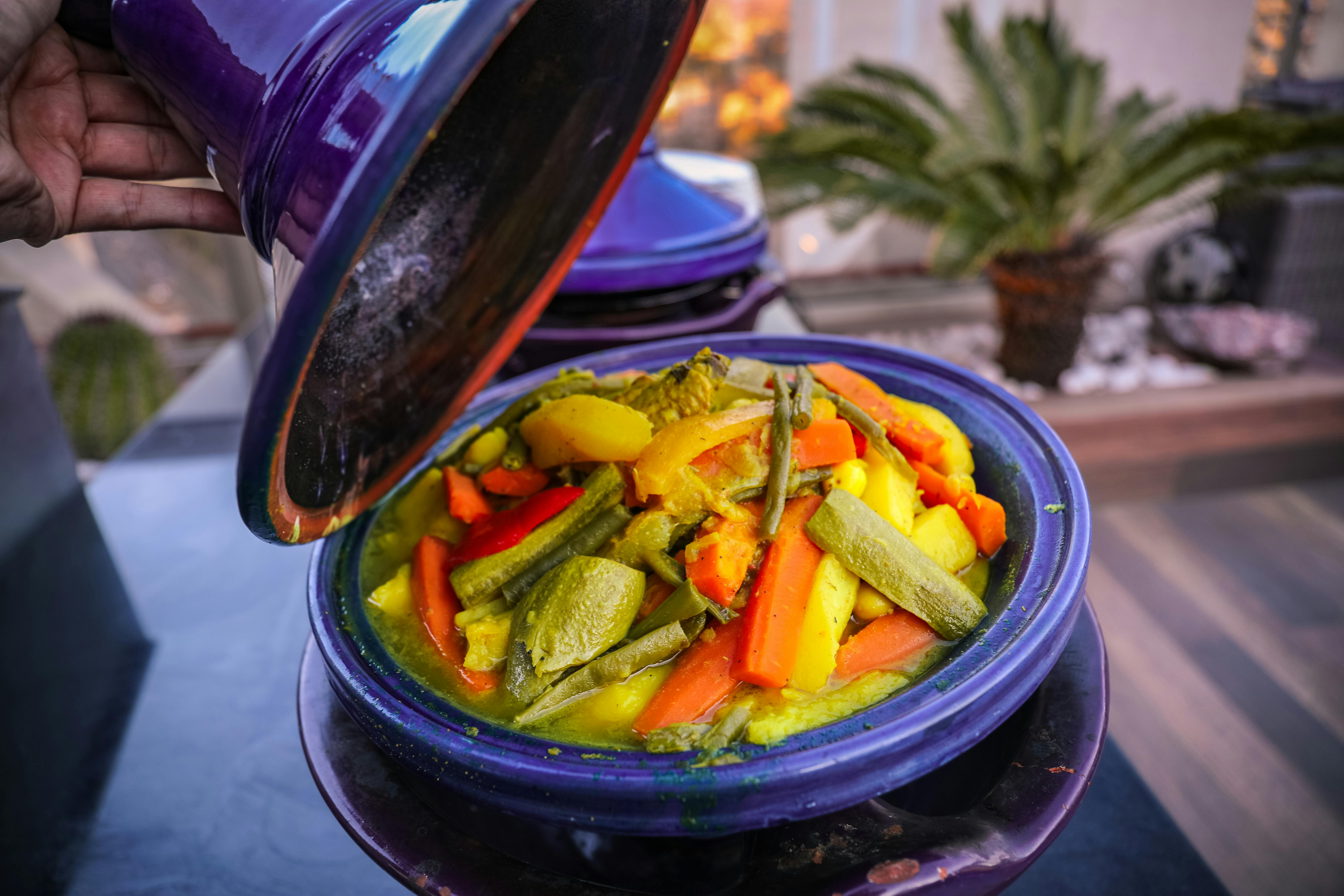Spicing up Your Kitchen: The Dynamic Influence of North African Cuisine
North African cuisine, with its vibrant flavors and rich history, is steadily gaining recognition worldwide. This culinary trend is not just fascinating, but it also offers a unique approach to feeding yourself and your loved ones. In this article, we'll explore the distinctive flavors, techniques, and dishes that make North African cuisine an exciting culinary adventure.

Journey Into Flavor: The Basics of North African Cuisine
North African cuisine is a culinary style that originates from the northern region of Africa. It incorporates the food practices of many countries, including Morocco, Algeria, Tunisia, Libya, and Egypt. This cuisine is characterized by its use of spices, grains, fruits, and vegetables, creating a robust and flavorful dining experience.
Spice of Life: The Role of Spices in North African Dishes
Spices are the heartbeat of North African cuisine. They add depth, complexity, and a unique flavor profile to dishes. In North African cooking, spices like cumin, coriander, turmeric, and cinnamon are commonly used. These spices not only enhance the taste but also have potential health benefits, contributing to the overall wellness of those who indulge in this cuisine.
Diverse Plates: Popular North African Dishes
When it comes to popular dishes, North African cuisine has something for everyone. Tagine, a slow-cooked stew named after the earthenware pot it’s cooked in, is a must-try. Couscous, a staple grain, is often served with meat and vegetables. There’s also shawarma, a flavorful and succulent meat dish, which is a favorite street food.
Beyond Borders: The Global Influence of North African Cuisine
North African cuisine is influencing kitchens around the world. This is evident in the growing popularity of dishes like shakshuka, a poached egg dish in a spicy tomato sauce. Also, North African spices like ras el hanout are becoming common in global supermarkets, reflecting the expanding reach of this culinary style.
Tip-top Tips and Trivia
- North African Flavor Hack: A simple way to introduce North African flavors into your cooking is to start with spices. Experiment with combinations of cumin, coriander, and cinnamon in your dishes.
- Fact: The word tagine refers to both the conical earthenware pot and the slow-cooked stew that is cooked within it.
- Cuisine Crossover: North African cuisine has been influenced by many cultures over the centuries, including Mediterranean, Arab, and Berber cultures.
- Healthful Habits: North African cuisine is often plant-based, incorporating a variety of vegetables, legumes, and fruits, making it a potentially healthier choice.
Embracing the North African Culinary Adventure
Exploring North African cuisine is more than just trying new dishes; it’s about diving into a rich cultural experience. By incorporating these flavors and techniques into your cooking, you’re not just spicing up your meals but also expanding your culinary horizons. So, why not embark on this exciting culinary journey and discover the vibrant flavors that North African cuisine has to offer?




